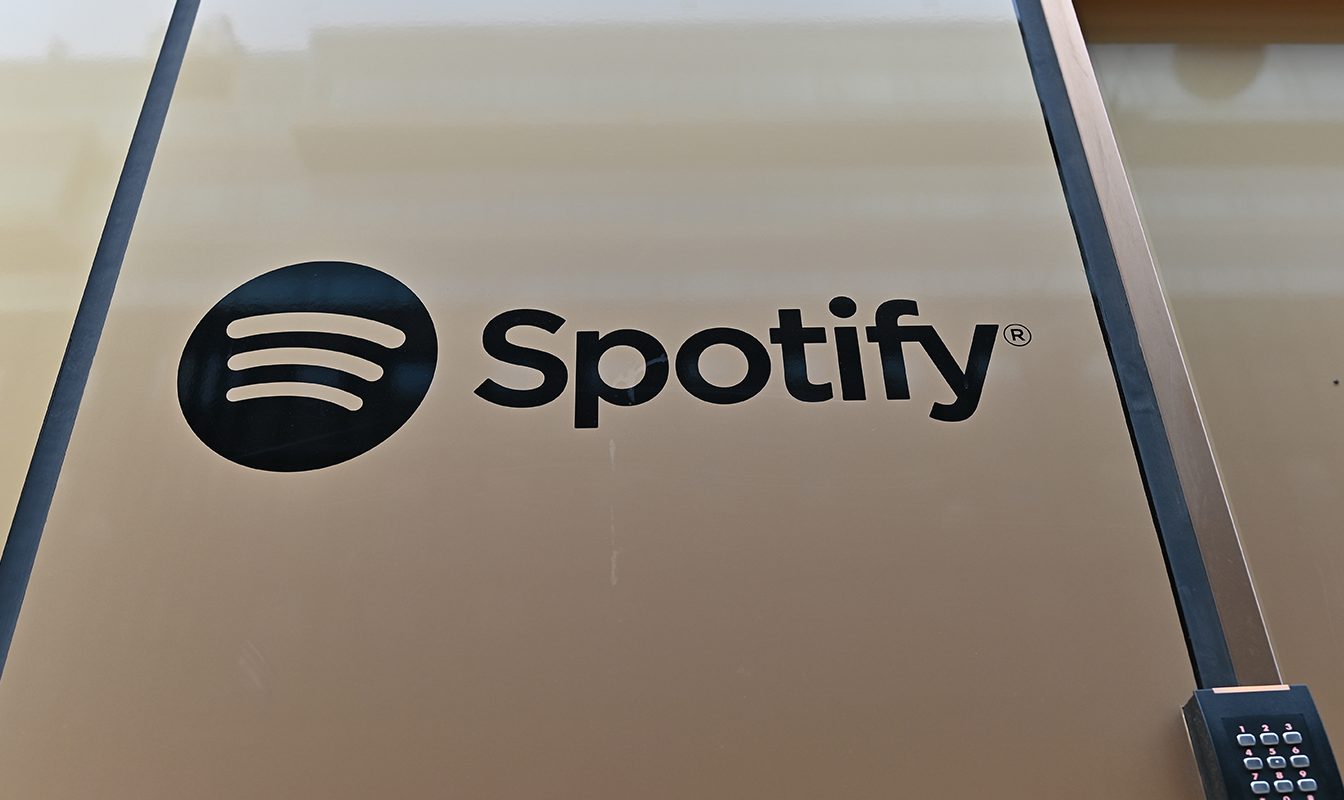Spotify Technology recently struck a $100 million deal with comedian, MMA commentator, and podcaster Joe Rogan for the exclusive rights to his podcast The Joe Rogan Experience.
So far, the deal has outperformed audience expectations and the company’s stock has risen more than 50% since the partnership was announced in May 2020. However, even with its financial success, not all employees are in favor of the move.
The content of the Joe Rogan experience has troubled some Spotify employees, who have expressed concern in company Slack channels, in person, and on their personal social media, specifically around allegedly transphobic topics. Spotify’s CEO Daniel Ek found himself in a problematic and all too common situation where a management decision perturbed internal team members. He has handled the situation fairly well up to this point, particularly through these methods:
Remained consistent with the existing company policies in place.
Ek has stated several times that all content on Spotify’s platform must abide by the clear and consistent policies already in place. By having those policies established prior to this deal, he can leverage the policies that have been agreed upon by employees beforehand to guide his decision-making when tasked with deciding what can remain on the platform. Spotify even removed several Joe Rogan Experience episodes that were recorded before his content was brought to the platform due to controversial material.
Fostered a culture of encouraging open debate.
Well before this current crisis that Spotify is entangled in, the company created a culture of welcoming constructive discourse among employees around a variety of topics ranging from day-to-day choices, like what snacks should be available, to broader ethics discussions. When Spotify went entirely remote due to the COVID-19 pandemic, the discourse moved to online mediums, specifically Slack. While discussion around Joe Rogan’s content obviously spread outside of internal channels, this practice generally allows senior leadership to understand or address discontent before the issue becomes unmanageable.
Ek also spoke to staff in an all-hands company meeting where he addressed and defended keeping content that was claimed to be transphobic on the site. An all-hands is usually a recommended practice so that senior leaders can be candid and open with internal constituents, and this one might have even changed a few people’s minds. Ek’s error however was assuming that employees would not go to the media, and he even went as far as to urge them not to. Whether or not he sparked a Streisand-effect is unclear, but it certainly did not achieve the desired effect.
Similar to platforms like Twitter and Facebook, Spotify has and will continue to face issues around censorship which will ultimately elicit the same question: Can and should Spotify be the arbiter of what is perceived as right and wrong?
When the stakes are this high, it is important to lean into your company core values to ensure that you are acting in a consistent manner, and then let the democracy of the marketplace handle the rest. Consumers are intelligent people who make intentional decisions about the content they subscribe to. If Spotify’s actions lead to a steady loss of their subscriber base, they will have to answer to more than just their employees.
